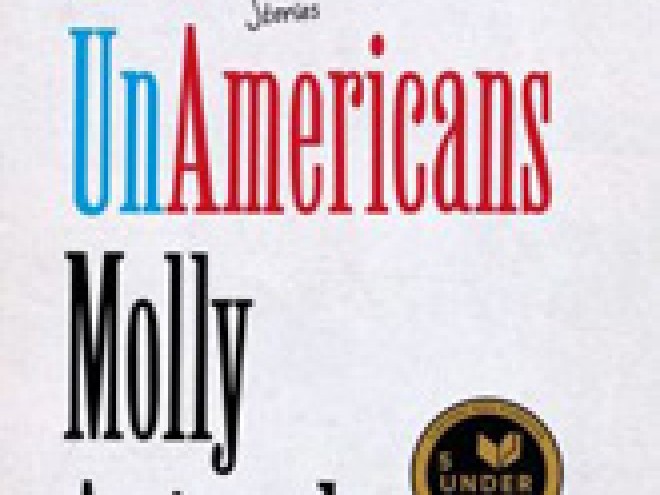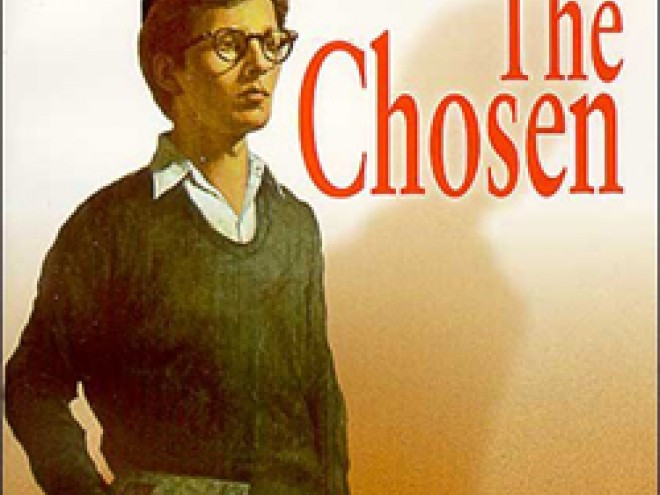Reading through the engaging stories in Molly Antopol’s debut collection, The UnAmericans, feels a little like flipping through a pile of assorted family snapshots found in a thrift store. Some of the photos might be wilted; some might have creased edges; some might be black-and-white Polaroids; some might be full-colored and grainy. The settings and figures and backgrounds might all, for the most part, be different too. But an underlying connection bridges them, linking the images together into a beautiful and haphazard assemblage, a narrative with no clear beginning, middle, or end.
The locales traversed in Antopol’s stories range from Tel Aviv and Jerusalem to San Francisco and Prague and Ditmas Park, and the times vary from the McCarthy era to World War II to not too long ago. In one, we meet a disillusioned academic (formerly “a skinny kid from a family of uneducated dairy farmers in Moravia”), who begrudgingly faces his daughter’s first creative success — an autobiographical play. In another, we witness a set of Israeli Moshavnik brothers dealing with tragedy and love in the pomelo groves. A Ukrainian woman mourns the loss of her husband with the help of her second husband, a Brooklyn native who owns five cleaners in the New York area because, as he explains, his grandfather was a tailor in Kiev. “If my grandfather had been a brain surgeon, I’d be a brain surgeon now, too.”
These stories all echo a question that Grace Paley once posed in her own unforgettable treatise on immigrant lives (her short story, “The Immigrant Story”): “Isn’t it a terrible thing to grow up in the shadow of another person’s sorrow?” The characters in Antopol’s collection are haunted in one way or another by the worlds that they, or those close to them, left behind, by choice or necessity. They cannot or do not want to escape the past, or, as one character’s grandmother describes it, “These horrible things that happened before you were born.”
For all of this melancholy, there is something insistently comforting and honest about the ways these characters accept their complicated entanglements. “Remember the Bronx?” one girl’s father “loves to say to anyone who will listen.” These stories are filled with listeners — from the granddaughter who is always asking questions (“pulling someone into a corner at every family party”) to the journalist holding court with her suitor’s teenage daughter high up in a tree overlooking a field of palm groves. Antopol’s carefully crafted stories demand our attention, as they remind us to stop, look, and listen.
Tahneer Oksman is a writer, teacher, and scholar. She is the author of “How Come Boys Get to Keep Their Noses?”: Women and Jewish American Identity in Contemporary Graphic Memoirs (Columbia University Press, 2016), and the co-editor of The Comics of Julie Doucet and Gabrielle Bell: A Place Inside Yourself (University Press of Mississippi, 2019), which won the 2020 Comics Studies Society (CSS) Prize for Best Edited Collection. She is also co-editor of a multi-disciplinary Special Issue of Shofar: an Interdisciplinary Journal of Jewish Studies, titled “What’s Jewish About Death?” (March 2021). For more of her writing, you can visit tahneeroksman.com.




